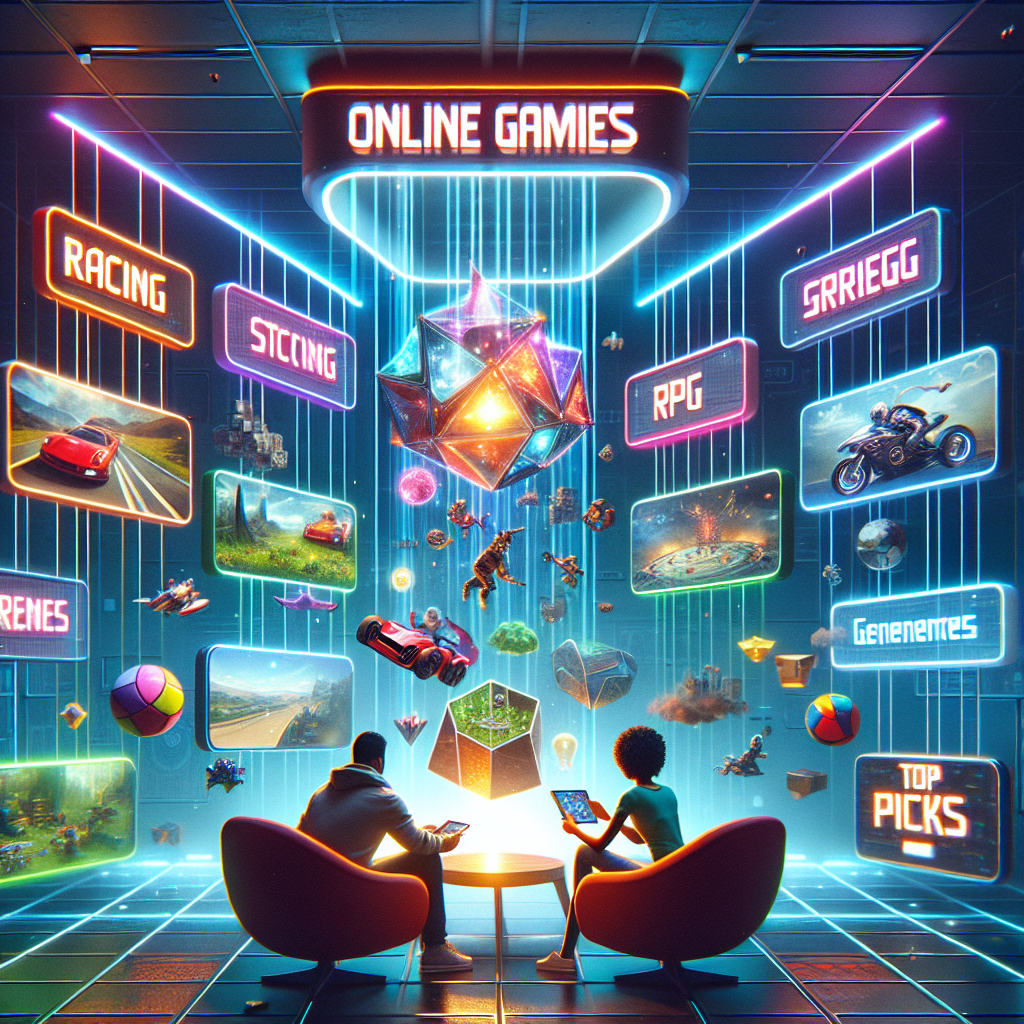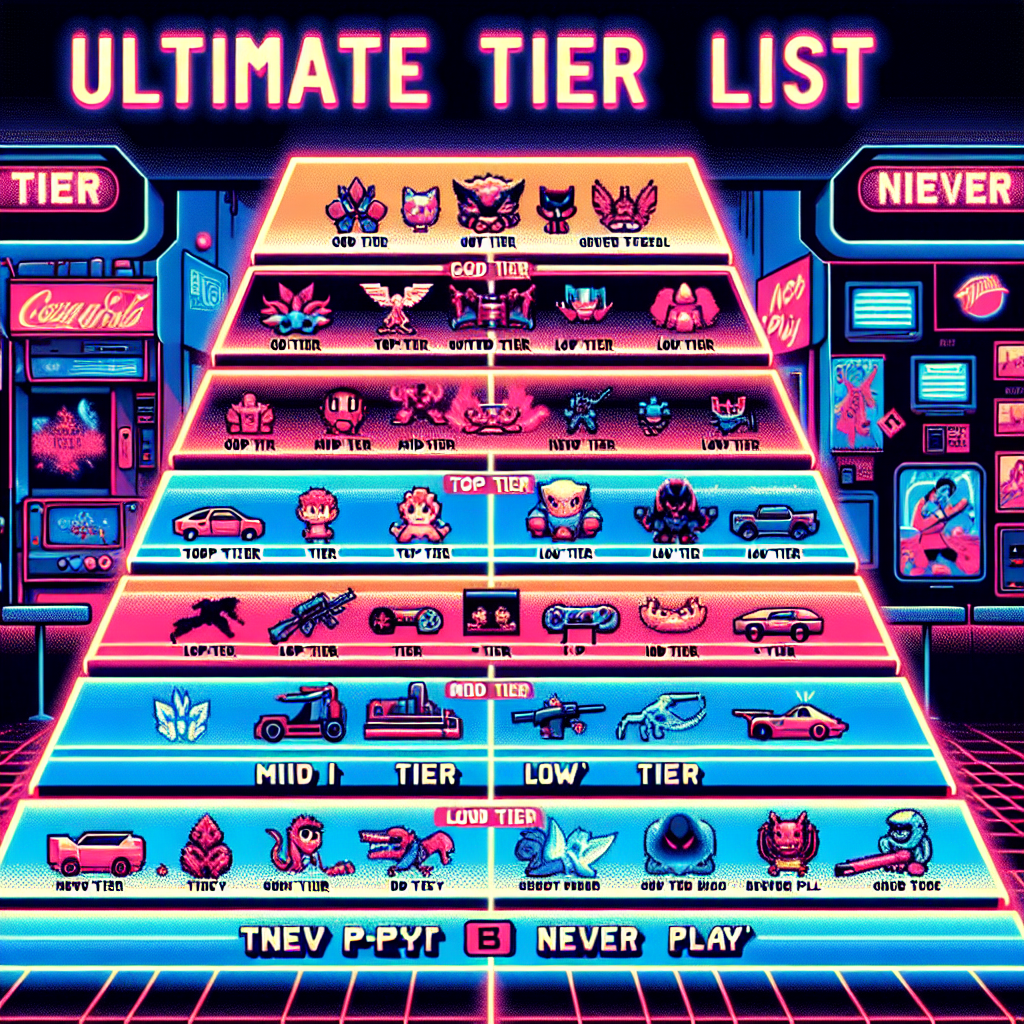Real-Time Strategy Games vs Other Genres: Understanding the Differences
The world of gaming is vast, with numerous genres capturing the imagination of players worldwide. Among these, real-time strategy games (RTS) have carved a unique niche, offering a blend of rapid decision-making, resource management, and tactical prowess. But how do real-time strategy games compare to other popular genres such as turn-based strategy, MOBAs, and simulation games? In this article, we will explore the key differences, similarities, and unique features that set RTS games apart, using relevant LSI-keywords such as gameplay mechanics, player strategy, competitive gaming, and game design.
What Defines a Real-Time Strategy Game?
At the core of every real-time strategy game is the principle of continuous, real-time gameplay. Unlike turn-based strategy titles, where players act in sequential turns, RTS games require players to make decisions, build bases, and command units all at once, alongside their opponents. This creates a dynamic environment where quick thinking and multitasking are vital.
- Key Features of RTS Games:
- Resource collection and management
- Base construction and expansion
- Unit production and strategic deployment
- Real-time decision making
- Emphasis on speed and timing
Real-Time Strategy vs Turn-Based Strategy: A Clash of Paces
One of the most common comparisons in gaming is real-time strategy games vs turn-based strategy games. While both genres emphasize strategic planning, the execution is markedly different.
| Aspect | Real-Time Strategy | Turn-Based Strategy |
|---|---|---|
| Gameplay Speed | Continuous, fast-paced | Slower, methodical turns |
| Player Actions | Simultaneous with opponents | Alternating turns |
| Skill Emphasis | Multitasking, reaction time | Planning, foresight |
| Example Games | StarCraft, Age of Empires | Civilization, XCOM |
The RTS vs TBS debate often centers on whether players prefer the adrenaline rush of real-time action or the cerebral challenge of turn-based tactics.
Real-Time Strategy vs MOBAs: Strategic Depth or Hero Focus?
Multiplayer Online Battle Arenas (MOBAs) like Dota 2 and League of Legends share some roots with real-time strategy games but have evolved into their own distinct genre. Here’s how they compare:
- RTS Games: Focus on macro-management (economy, production, army movement), often controlling dozens of units and structures.
- MOBAs: Emphasize micro-management of a single hero, with teamwork and character abilities playing a major role.
- Competitive Scene: Both genres boast thriving esports communities, but the gameplay experience differs greatly.
While MOBAs offer intense team-based matches with unique heroes and abilities, RTS games challenge players to manage entire armies and economies, leading to a broader scope of strategy.
Real-Time Strategy vs Simulation and Management Games
Simulation and management games like SimCity or RollerCoaster Tycoon also involve resource management and building, but the key difference lies in the absence of direct conflict. In these games, the focus is on optimizing systems, finances, and growth, rather than military confrontation and tactical warfare.
Key LSI-KW: player agency, real-time tactics, game objectives, strategic planning.
- RTS games add pressure with time constraints and adversarial threats.
- Simulation games allow for more relaxed, creative play.
Game Design Elements: What Makes RTS Games Unique?
The design philosophy behind real-time strategy games emphasizes balance, depth, and replayability. Developers must ensure that no single strategy dominates, and players have multiple viable paths to victory—be it economic growth, tactical combat, or technological advancement.
Key LSI Keywords Integrated:
- Strategy game mechanics
- Multiplayer competition
- Resource management
- Base building
- Real-time tactics
- Skill progression
Why Do Players Love Real-Time Strategy Games?
The thrill of outsmarting an opponent in real time, the satisfaction of building a powerful economy, and the excitement of commanding massive armies all contribute to the enduring appeal of RTS games. Players are drawn to the challenge of adapting to evolving situations, developing new strategies, and mastering complex game systems.
“Every match is a new puzzle, with infinite ways to win or lose. That’s what keeps me coming back to real-time strategy games.” — Veteran RTS player
Conclusion: Choosing Your Genre
Whether you prefer the fast-paced, high-stakes action of real-time strategy games or the thoughtful, measured approach of turn-based strategy, there’s a strategy game for every type of player. Understanding the unique features of each genre can help you find the perfect match for your gaming style. As the industry evolves, hybrid games are emerging, blending the best elements of RTS, TBS, MOBAs, and simulation to create innovative new experiences.
Ultimately, the debate of real-time strategy games vs other genres is less about superiority and more about personal preference. Each genre challenges you in unique ways, contributing to the rich tapestry of gaming as a whole.



